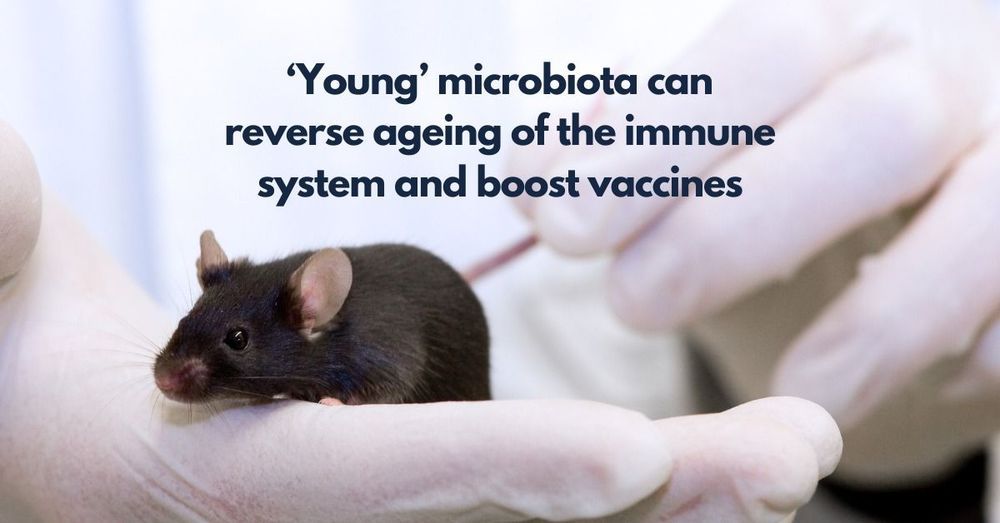Every human being is home to trillions of microbes that are collectively known as the microbiota. Recent research into how these microbes affect the immune system may explain why older people are more vulnerable to disease and suggest ways to tackle that vulnerability.
Scientists at The University of Edinburgh’s Roslin Institute, led by Professor Neil Mabbott, discovered that as mice get older they showed a marked decrease in the number of M cells found in the lining of the gut. These are specialised cells that look out for infections and trigger the early stages of the immune response. Fewer M cells means a weaker immune system. At the same time, the researchers found that the older mice had depleted microbiota compared to younger mice. The microbiota were less diverse and certain species known to decrease inflammation of the gut in humans were missing.









Comments are closed.